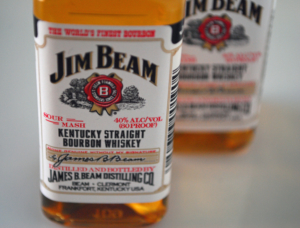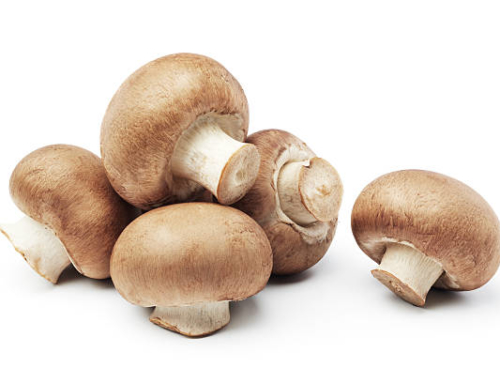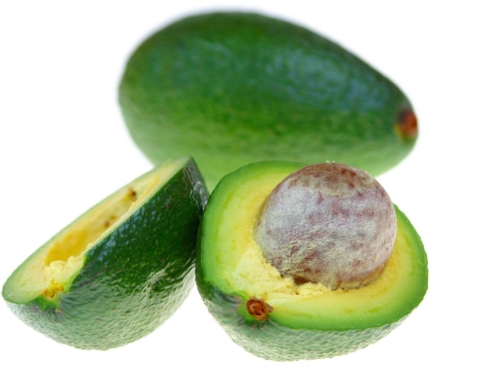If you have any reason to suspect your pet has ingested something toxic, please contact your veterinarian or one of the other resources listed:
• ASPCA Animal Poison Control Center 24-hour hotline at (888) 426-4435
• Pet Poison Helpline® 24-hour animal poison control service at (855) 764-7661
Alcohol
Ethanol, found in alcoholic products, can be life threatening if ingested by pets. Toxicity risks include low blood sugar, decreased blood pressure, and dangerously low body temperature.
In addition to cats and dogs, birds are also indicated for this toxicity.

Signs and symptoms of toxicity: Signs of toxicity may include vomiting, diarrhea, decreased coordination, difficulty breathing, fatigue and tremors.
Toxic consumption: In dogs, 5.55 g/kg (2.5 g/lb) can be fatal. This is equivalent to 0.2 oz/kg (0.08 oz/lb). There is no established threshold for toxicity in cats. All incidents of exposure should be reported immediately.
| X-Small Yorkie, Chihuahua |
Small Pug, Boston Terrier, Poodle |
Medium Beagle, Scottish Terrier |
Large Boxer, Cocker Spaniel |
X-Large Retriever, German Shepherd |
XX-Large Great Dane, St. Bernard |
| 1 – 10 lbs. (0.45 – 4.6 kg) |
11 – 25 lbs. (5 – 11.4 kg) |
26 – 40 lbs. (11.8 – 18.2 kg) |
41 – 70 lbs. (18.6 – 31.8 kg) |
71 – 90 lbs. (32.3 – 40.9 kg) |
91 – 110 lbs. (41.4 – 50 kg) |
 |
 |
 |
 |
 |
 |
| > 0.08 oz | > 0.9 oz | > 2.3 oz | > 3.6 oz | > 6.3 oz | > 8 oz |
References:
Osweiler, G, et al. (2011). Blackwell’s five-minute veterinary consult clinical companion. Small Animal Toxicoloty. [Kindle version]. Retrieved from Amazon.com
Pet Poison Control is provided free as a public service by the American College of Veterinary Pharmacists. Today we’re asking you to support us with a small donation. If you would like to dedicate your gift in honor or memory of a pet or individual, you will have that option before checkout. Your gift of any amount helps us maintain this resource and make it available to the pharmacy and veterinary communities. Thank you!





